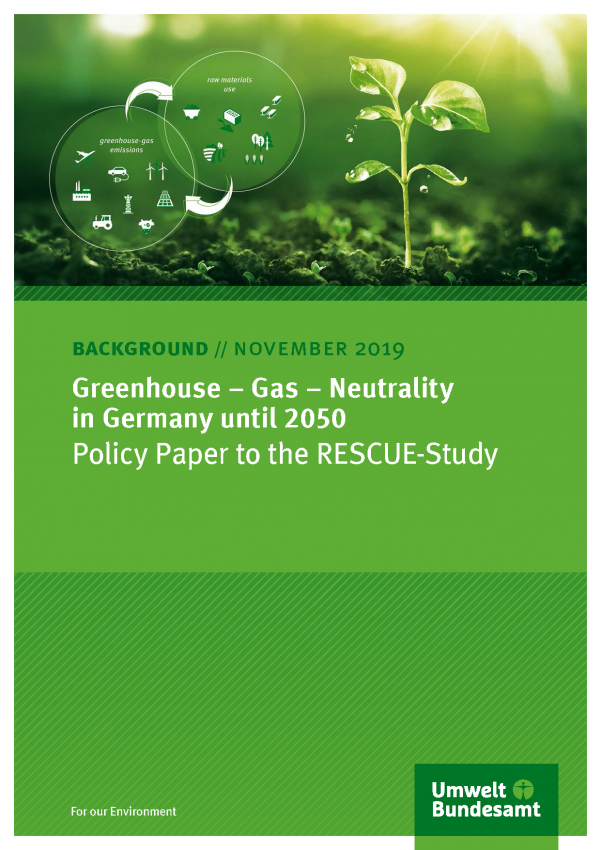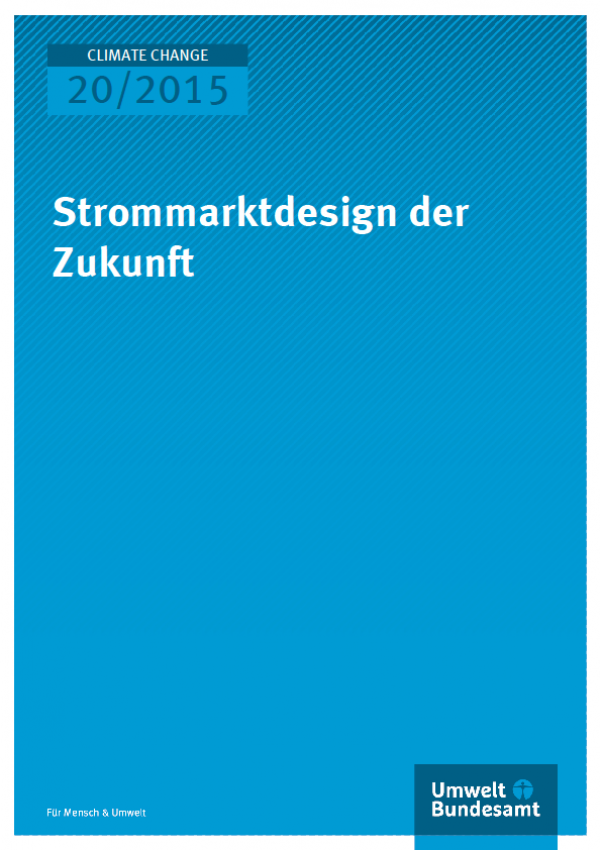Die Wahrscheinlichkeit künftiger Rohstoffkonflikte hängt einerseits von Entwicklungen der Angebot und Nachfrage ab, welche die strategische Relevanz eines Rohstoffs bestimmen (s. Abschnitt 3.1, vgl. auch Bericht 2 dieses Forschungsvorhabens von Supersberger et al.). Maßgeblich sind andererseits die Kontextbedingungen in Produzenten- und Verbraucherländern, die in einem komplexen Zusammenspiel ... read more
Your search for "energy transition" resulted in 7769 hits:
Documentation of IFAT 2016 Side Event Climate-friendly Waste Management through NAMAs in Emerging Economies and Developing Countries
Nationally Appropriate Mitigation Actions (NAMA) allow emerging economies and developing countries to design waste management strategies and systems that lead to effective greenhouse gas (GHG) reductions. On a side event at IFAT / Munich in June 2016 international experts from climate policy and waste management exchanged their experiences on key features of Waste-NAMAs, such as funding and fi... read more
Greenhouse – Gas – Neutrality in Germany until 2050
The success of climate and natural resource protection depends amongst others on the expansion of renewable energies. The policy paper describes the central results of the RESCUE study as well as the challenges and steps required to expand renewable energies in order to achieve greenhouse gas neutrality, and for Germany to make an appropriate contribution to the Paris Climate Agreement. read more
Luftreinhaltung und Klimaschutz durch Stärkung des ÖPNV: Finanzierungsgrundlagen erweitern und verstetigen
Das Vorhaben untersucht, wie stark das aktuelle ÖPNV-Angebot ausgebaut und welche finanziellen Mittel aufgewendet werden müssen, damit mehr Verkehr vom Auto auf den ÖPNV verlagert und so ein Beitrag zur Erreichung der Klimaschutzziele geleistet werden kann. Untersucht wurde, wie die Häufigkeit der Fahrten gesteigert werden müsste und welche Steigerungen der Betriebskosten daraus resultieren. E... read more
Strommarktdesign der Zukunft
Technologieneutrale wettbewerbliche Strommärkte stellen ein geeignetes Instrument zur Flexibilisierung des Stromversorgungssystems dar. Die Wirkungsmechanismen wettbewerblicher Strommärkte gewährleisten in der kurzen Frist eine effiziente Synchronisierung von Angebot und Nachfrage. In der mittleren und langen Frist setzen sie effiziente Anreize für eine Anpassung des Technologiemix an die Anfo... read more
Financing Sustainable Transport in Africa
In order to explain how future policies in transport should be formulated, it is necessary to understand that sustainability in transport does not only imply transport infrastructure, but can be embedded in a broader policy approach. Financing of infrastructure, investments in public and non-motorised transport, institutional development and road maintenance all require significant funding. Si... read more
Alternative Finanzierungsoptionen für erneuerbare Energien im Kontext des Klimaschutzes und ihrer zunehmenden Bedeutung über den Stromsektor hinaus
Das UBA empfiehlt, die Finanzierung der Förderung erneuerbarer Energien zu reformieren und gerechter zu machen, und hat deshalb ein Gutachten beauftragt. Die Verfasser des Gutachtens empfehlen, künftig auch den Verbrauch von Öl, Kohle, Gas, Diesel und Benzin mit den Kosten des Erneuerbare-Energien-Gesetzes (EEG) zu belasten und diese Energieträger in Abhängigkeit ihrer CO2-Emissionen zu besteu... read more








